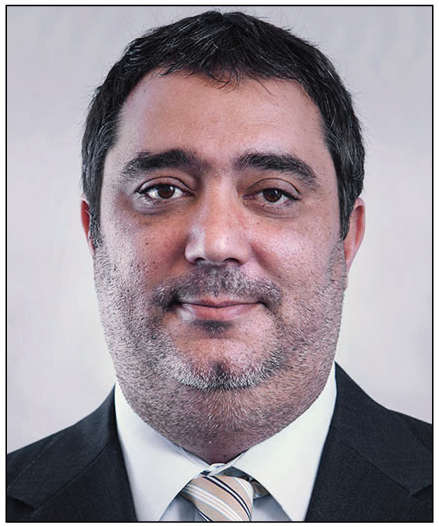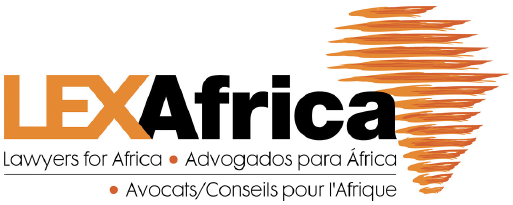 By Dr Pedro Couto, Couto, Graça e Associados
By Dr Pedro Couto, Couto, Graça e Associados
Significant strides in Mozambique’s legislation and policies could see a rapid turnaround in the country’s economic situation. In 2016, inflation peaked at 26 percent. Today, that figure has drastically improved to an estimated 6.3 percent.
LEX Africa’s Mozambican member Dr Pedro Couto said the Local Content law and work on the Nacala Logistics Corridor (NLC) are just two examples of positive prospects that are gaining ground in 2018. He gave valuable insight into Mozambique’s economic reformation at an Outlook on Africa seminar, held in Johannesburg in March.
Among the factors that favour GDP growth in Mozambique (currently at 4.8 percent) is the projected increase in investment in the liquified natural gas (LNG) sector. Dr Couto said the government’s financial investment [ED: foreign investment?] decision on gas had stimulated an overwhelming, positive response from foreign investors.
Gas supply and exploration aside, Mozambique has also tackled its debt through a focus on trade. Dr Couto said the NLC will pave the way for greater exports into Africa, while making imports more accessible at the same time.
“We are [also] going to have a Local Content law. It’s coming this year. It’s not an ‘indigenisation’ law. It’s not a ‘black empowerment’ law. It’s a pure concept of a law that requires three investors to partner with those in the local sector. There is no mandatory 51 percent partnership… it is basically a requirement that in certain cases [and] in certain industries, you will need a Mozambique partner and a commitment to develop local business (as part of the investment deal).”
Dr Couto said the Local Content law will be compulsory in high-end sectors like oil and gas where foreign investors will need to have a Mozambican partner to proceed. Government, however, has also made provisions for other definitions of ‘local content’ partnering too.
“[The Local Content law] doesn’t necessarily have to be in supply or partnership with local businesses. [Partnership] can be on the premise of local training and commitments to upskill locals. So it [the law] is going to be very broad. It’s not going to be anything like, ‘If you want to do business in Mozambique, you have to have 51 percent Mozambican partnership.’ There’s no intent to that.”
Dr Couto said government has taken as many steps as possible to create an environment that addresses any uncertainty from foreign direct investors that Mozambique is open to doing business with them.
He said government has been doing as much as possible to stimulate investment in the coastal country, including revising policies that threaten investor confidence.
“We did have a crisis of confidence over the past two or three years. 2016/17 were terrible years. The country suffered significant depreciation. The currency went almost to 200 percent. The inflation went from single digits to almost 20 percent. The economy collapsed due to the lack of confidence, due to the issue of the war [and] due to heavy dependence on the potential of the gas that was supposed to come but did not. However, we saw things turning very quickly in the last few months. There have been a new currency and financial policies and new commitments. The reserves have gone from as low as one-month reserves, to eight/nine-month reserves in our Central Bank on foreign currency which is very good for the country. It’s actually never been that high. So there is availability of funds right now. And why that happened is because the coal exports increased significantly, aluminium exports increased and we started supplying power again to Malawi. But, the really good news is that we finally have a financial investment [ED: foreign investment?] decision on the gas [which happened in January].”
Dr Couto said a major boost has also come from government’s commitment to development goals which reprioritised renewable power. The government wants to ensure that the entire country is electrified by 2025. To this end, Mozambique is investing seriously in solar power and wind energy. “It’s actually being financed, which is very exciting,” he said.
Dr Couto cautioned potential investors against thinking that Mozambique’s policy reform was a vehicle for getting rich quick. He says renewable energy, rail transport and local partnership laws were being implemented to ensure a high return on investment for long-haul investors. He said
“We do have a new exchange control law. We did have one in the past, but what we have today is the answer to the lack of confidence in the system. Before, everything was subject to approval. For example, if you wanted to bring money in, you needed approval; if you wanted to take out dividends, you needed approval. Now, all of those processes have disappeared and [investors] deal with [their] commercial bank. So, now one doesn’t deal with the Central Bank [and] one doesn’t need all those approvals. One sits with one’s commercial bank and uses its internal system and one’s money can flow in and out of the country with ease.”
Dr Couto said the new exchange control system makes money exchange an instantaneous process where before it took three months to finalise. He says this improvement places Mozambique at the top of the countries within the region that has the most flexible exchange control. “Pro-action to this degree is what will continue to build investor confidence,” he said.

T: (258) 21 48 6438 / 40
F: (258) 21 48 6441


